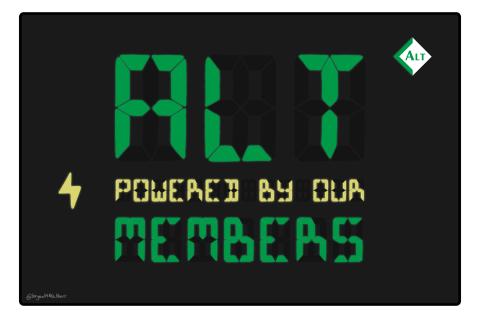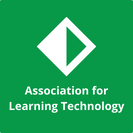
The Board of Trustees has completed a year long review of our governance arrangements in order to ensure that our practice reflects the Charity Governance Code, which was updated at the end of 2020. The Board started planning for the review in February 2021 and the initial operational review was completed by the staff team in the subsequent six months. In October 2021 a working group of Trustees, led by Vice-Chair Keith Smyth, undertook a comprehensive assessment, covering all seven principles of the code: organisational purpose, leadership, integrity, decision making, risk and control, board effectiveness, equality, diversity and inclusion and openness and accountability.
Review process
All Trustees took part in the assessment process, reviewing examples of our current practice against recommended standards, and agreeing actions for each area of our governance. Having completed the review process in November 2021, the Board found that overall our current practice conforms to the updated code and reflects recommended best practice. The Board identified a number of operational actions and two wider areas in which to enhance our governance. The following measures were formally agreed for implementation in February 2022:
Board effectiveness measures
We implemented new processes to measure Board effectiveness, including an annual self-assessment for Trustees. As part of our commitment to good governance, Trustees are encouraged to complete a reflective self-assessment to review their performance as a Trustee. Individual Trustees and the Chair of the Board usually meet to discuss the outcome of the review and to identify any actions that need to be taken. Appointed Trustees, including the Chair, Treasurer and President, are required to undertake the review annually. The result of the annual self-assessment will be reported to Members at the AGM. We also expanded and updated our induction and support information for Trustees.
Equality, Diversity and Inclusion Plan
Reflecting the changes to the Charity Governance Code in relation to this important principle, the Board focused on setting a context and realistic plans and targets, taking action and monitoring performance, publishing performance and lessons learned. As part of the wider review process in late 2021, the Board reviewed official guidance, benchmarked practice against the Charity Excellence Framework and learnt from examples from other professional bodies. The resulting Equality, Diversity and Inclusion Plan is designed to ensure that the Board has a clear, agreed and effective approach to supporting equality, diversity and inclusion throughout the organisation and in its own practice.
Equality, Diversity and Inclusion governance outcomes
- The principles of equality, diversity and inclusion are embedded in the organisation and help to deliver the charity’s public benefit.
- Obstacles to participation are reduced, with the organisation’s work designed and open for everyone included within its charitable purposes. This supports the charity to challenge inequality and achieve improved equality of outcomes.
- The board is more effective because it reflects different perspectives, experiences and skills, including, where applicable, from current and future beneficiaries.
Monitoring and Reporting
The Board used the Charity Leadership in Diversity Standard as an initial benchmark to review procedures focused on charity activities, including volunteer and staff recruitment. We identified two priority areas for action: ensuring that diversity amongst our stakeholders is appropriately reflected in the overall Board composition and that the wider group of staff, Trustees and ALT Assembly Members' diversity appropriately reflects our stakeholder base. As no reliable data is currently available to assess our progress, regular monitoring and reporting is being implemented from October 2022, enabling us to report on our progress to all stakeholders at least annually.
Enhancing our governance overall
In addition to actions taken in relation to board effectiveness and equality, diversity and inclusion, the Board also identified a number of actions which will enhance our governance overall. These include actions to review current MOUs and consider alignment between ALT and other associations, specifically risks and benefits of MOUs; collate a list of all of ALT’s policies and their review dates and to expand micro-credentials to all volunteer roles within the Association.
What's next
Trustees and staff welcomed the opportunity to review our governance and the outcome of the review process has highlighted ALT's strong and robust governance overall. This was especially important during the difficult times of the pandemic which posed great risks for us as an independent, small charity. Our focus now is on implementing the actions the Board has agreed and to communicate the outcomes of the review and our progress to Members and to all our stakeholders. We will share initial findings with Members at the upcoming Annual General Meeting (AGM) in September, and subsequently report at least annually, usually at the AGM on our progress and what actions we are taking next.
